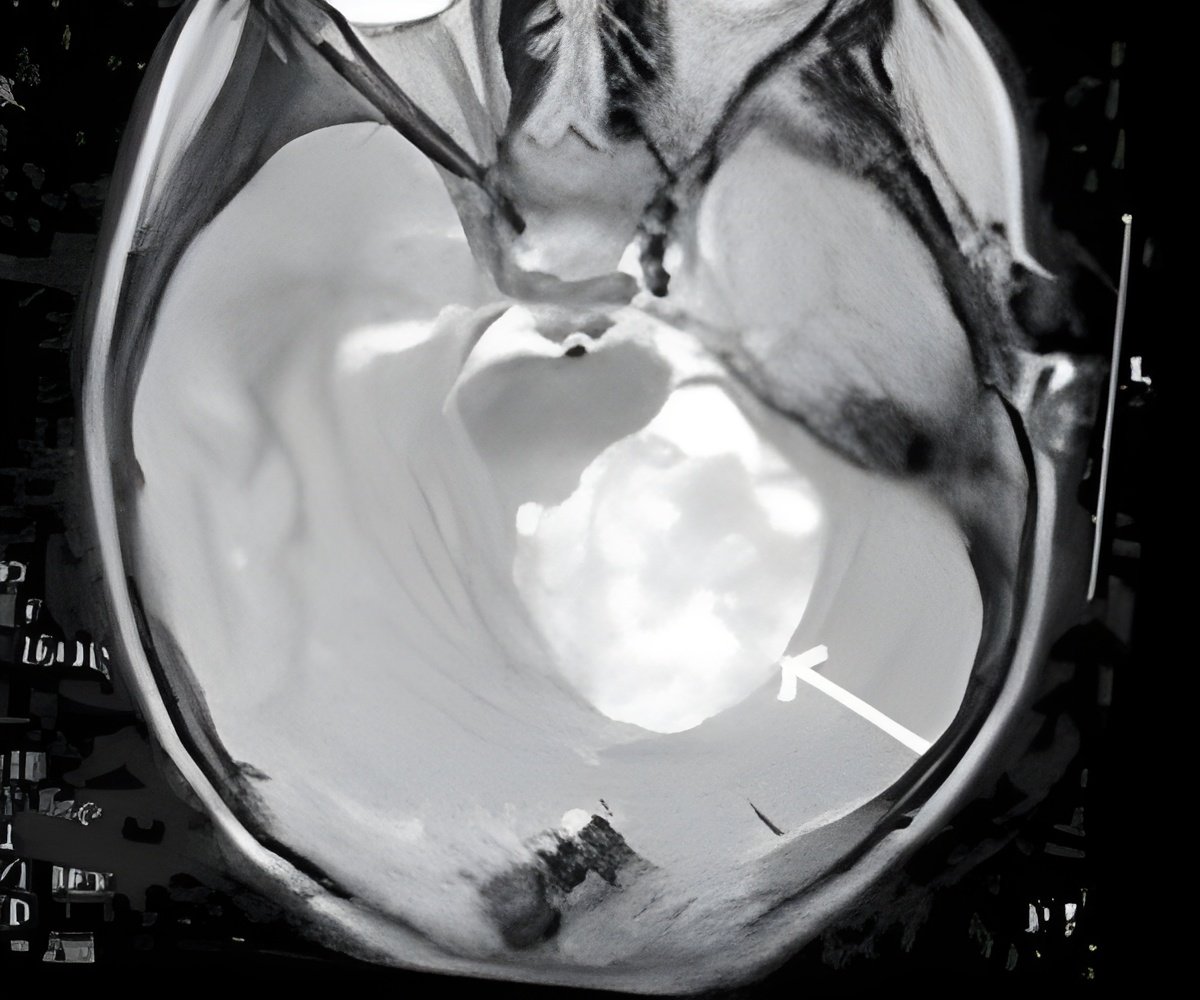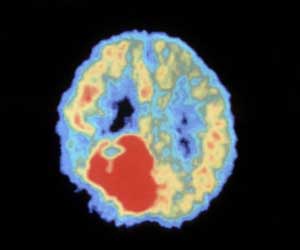
"It's time to abandon this unjustifiable nihilism and think carefully about more individualized care," says lead author of the article, Douglas S. Kondziolka, M.D., MSc, FRCSC, Vice Chair of Clinical Research and Director of the Gamma Knife Program in the Department of Neurosurgery at NYU Langone.
The authors -- who also say medical insurers help perpetuate the myths by denying coverage that deviates from them -- identify five leading misconceptions that often lead to poorer care:
1. All tumor cell types act the same way once they spread to the brain. This oversimplification means that doctors assume that histologically diverse cancers respond the same way to chemotherapy and are equally sensitive (or insensitive) to radiation.
It also means that patients are all assumed to be at the same risk of subsequent brain cancer relapses, and development of additional metastatic lesions; and that survival rates are similar as well. The authors point out that this type of thinking overlooks important biological differences in brain metastases resulting from different types of cancer, such as those originating in the lung, breast or skin.
2. The number of brain metastases is the best indicator for guiding management of the disease. Such strict adherence to quantity, the authors say, can wrongly limit treatment options.
Physicians should look at total tumor burden, including the size and scope of metastases, rather than just how many metastases occur.
3. All cancers detectable in the brain already reflect the presence of micrometastases, or smaller, newly formed tumors too miniscule to detect. Evidence, the authors say, suggests otherwise, and aggressively monitoring for, and treating, individual brain metastases can, in fact, improve tumor control and patient survival.
4. Whole brain radiation (WBR) is generally unjustified because it will cause disabling cognitive dysfunction if a patient lives long enough.
Dr. Kondziolka and his co-authors say the risks and benefits of WBR should be evaluated for each patient, and that new studies examining the cognitive impact of WBR on thinking and learning are underway.
5. Most brain metastases cause obvious symptoms, making regular screening for them unnecessary, and unlikely to affect survival. The authors counter that advances in screening allow metastases to be detected earlier, and treated sooner, before symptoms occur.
Advertisement
Ultimately, the authors hope better stratifying patients will improve care for patients with diverse brain metastases.
Advertisement
About NYU Langone Medical Center: NYU Langone Medical Center, a world-class, patient-centered, integrated academic medical center, is one of the nation's premier centers for excellence in clinical care, biomedical research, and medical education. Located in the heart of Manhattan, NYU Langone is composed of four hospitals-Tisch Hospital, its flagship acute care facility; Rusk Rehabilitation; the Hospital for Joint Diseases, the Medical Center's dedicated inpatient orthopaedic hospital; and Hassenfeld Pediatric Center, a comprehensive pediatric hospital supporting a full array of children's health services across the Medical Center-plus the NYU School of Medicine, which since 1841 has trained thousands of physicians and scientists who have helped to shape the course of medical history. The Medical Center''s tri-fold mission to serve, teach, and discover is achieved 365 days a year through the seamless integration of a culture devoted to excellence in patient care, education, and research. For more information, go to www.NYULMC.org, and interact with us on Facebook, Twitter, and YouTube.
Source-Newswise













